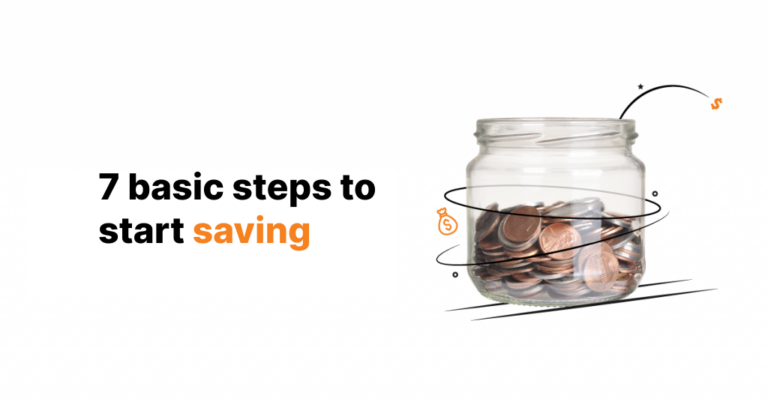Good money management and the development of practical saving skills and techniques are two of the many benefits of establishing an allowance for your children.
An allowance is the payment you offer your children each month to cover their regular expenses. In most cases, it is presented as a reward to children and teenagers for successfully completing household chores. Just as it is offered monthly, there are those who prefer to make it a customary weekly or other defined period of time.
The American Institute of Certified Public Accountants (AICPA) published in 2012 that the average allowance amounted to $65 per month or $780 per year. Specialists in economics and psychology have asserted that the implementation of a family allowance program provides social and administrative tools that strengthen the growth of children.
The custom of offering an allowance can become a habit that awakens interest in the good use of goods.
Find out what other benefits it brings to you and your family.
Teach your children about economics
What’s the best way to learn how to manage money? Practice! The idea of getting paid on a regular basis forces your children to manage money and be wise in their spending. Allowing your child or teenager to determine how they will allocate their money is a basic sign of developing a savings habit and critical thinking when investing. Teach them to save from a young age!
Developing a sense of independence
Your children will be making decisions on their own and will develop a greater sense of independence.
Offer opportunities for personal growth
The power of having money on hand, from an early age, gives children opportunities for personal growth. Children will be able to acquire management skills, improve their self-esteem and strengthen their financial literacy.
Develop selectivity in spending and investing
What will they buy? How will they spend their money? These are the questions you as a parent will ask yourself and they will have to answer. With an allowance, your children will have the responsibility to choose what they will use the money for. An allowance develops children’s sense of selectivity and helps them establish priorities. In the face of possible group pressures, children will have to choose an alternative and this will be the challenge that will put into play the decision and the good use of their allowance.
Strengthens children’s responsibility
Having money on hand also implies developing responsibility for keeping it safe and knowing how to use it. These two skills are strengthened with the arrival of the allowance. In this way, children will also learn the value of money and why it is essential to be responsible in keeping it.

The implementation of the allowance in the family strengthens the nucleus and makes your children learn not only how to save but also helps them in the decision-making process. A good recommendation is to estimate the budget your child needs to get by during the month and in this way assign the right amount.







